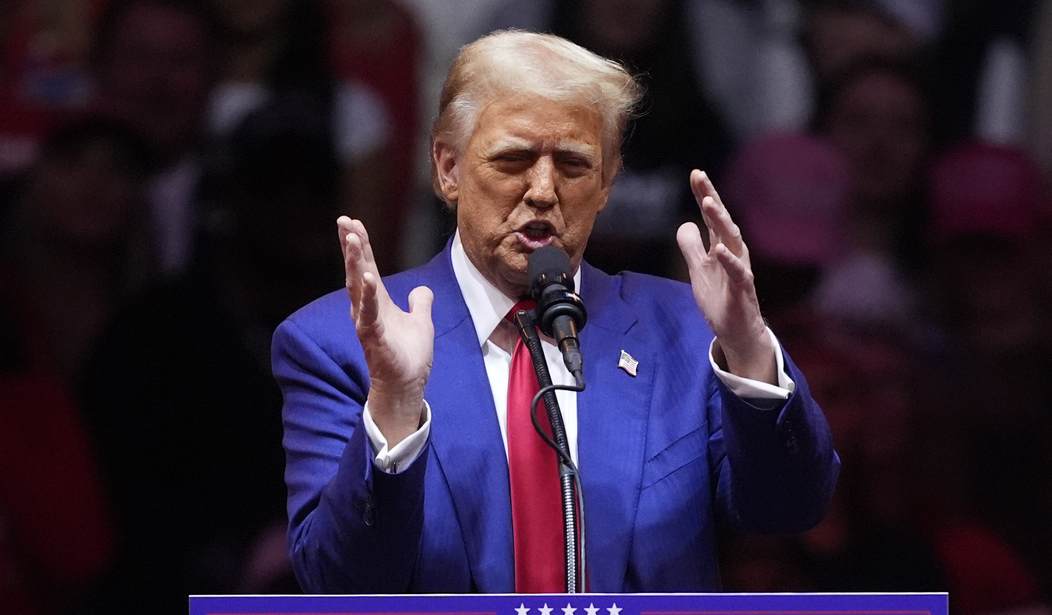This coming Tuesday I am rooting for former President Donald J. Trump to win back the White House. I believe his foreign policy is superior to Vice President Harris’ and the economy will be better if run by Republicans. That being said, I have no idea who is going to win, nor do most prognosticators.
Nobody really knows which party will win the Presidency, control the Senate and capture the House of Representatives. If you look at one batch of polls over at the website 538, the swing states of Nevada, Wisconsin, Pennsylvania, Michigan and North Carolina are all within a percentage point. That site gives Trump a slight edge to win the Electoral College. The aggregation of polls over at Real Clear Politics have Trump in the lead in the critical states of Wisconsin and Pennsylvania. Even though polling is not an exact science, the outlook for next week is hazy. Expect days and days of counting ballots with no decisive winner on Tuesday night.
When all the votes are (finally) counted, I hope that politics of fear can be set aside so that the federal government can engage in smart economic policies. First and foremost, if these candidates really want to help the people of Pennsylvania, rather than just pander for their votes, they should approve and support the Nippon Steel–U.S. Steel deal. There is nothing to fear from a Japanese company investing in an American steel company with the promise of a cash infusion, better technology and some confidence that jobs will not be lost. The deal is good for the economy and good for Pennsylvania.
Recommended
Nippon Steel is a publicly traded company owned and controlled by its shareholders and originating from Japan, yet not controlled by the government. They have plants in sixteen nations, including two in the United States in Burnham, Pennsylvania and Follansbee, West Virginia. The company sees a value in investing in the manufacture of U.S. consumed steel in the U.S. because domestic demand for steel is extraordinary and increasing every year. In the push for every vote, both candidates have ramped up the volume and over the top rhetoric to squeeze out votes and demonize the deal.
The opponents of the deal who have convinced politicians to oppose the deal hang their arguments on two concerns: national security and jobs. The national security argument is flat out wrong. The irony is that national security would be strengthened if this deal is struck. According to James Maclaren writing at The Diplomat on October 24, 2024, “the merger represents an opportunity to strengthen Western steel production and build a counterweight to Chinese influence, through technological advances and the modernization of U.S. steel plants.” China produces about one half of the world’s steel. The billions in investment and technology upgrades to the current U.S. Steel facilities will allow the United States to produce steel domestically that it otherwise would have to import from China.
The argument over jobs is also an empty talking point. Bloomberg reported on September 4, 2024, “United States Steel Corp. is warning union leaders and politicians pushing to block its $14.1 billion acquisition by Nippon Steel Corp. that doing so would imperil thousands of jobs and its Pittsburgh headquarters.” The company argues that union jobs would be in peril if the deal is blocked because of a lack of investment in the company and a decreased competitiveness coming from United States produced steel. Union leaders are doing their membership no favors by pressuring politicians of both parties to block the deal.
Economic isolationism is a terribly policy prescription for the U.S. economy. It seems that both parties are attracted to protectionist ideas that deter foreign investment in the U.S. The Bureau of Economic Analysis reported in July of this year “foreign direct investment in the United States position increased $227.0 billion to $5.39 trillion at the end of 2023.” That is a staggering amount of foreign investment that would be scared away by policies hostile to foreign commerce. Our second ranking investing nation, Japan accounted for $688.1 billion in investment by the end of 2023. There is no economic upside to cutting off foreign investment in U.S. companies.
Once the voting dust settles and politicians get back to governing, they need to be smart and push policies that encourage, not discourage, foreign investment and commerce. The day that our nation goes in the direction of economic isolationism through putative tariffs, protectionist trade policies and flat out banning of foreign companies doing business in the U.S. is the day that our economy goes into a tailspin.
Our economy will benefit, and consumers will be happy with economic policies that embrace commerce between friendly nations.

























Join the conversation as a VIP Member